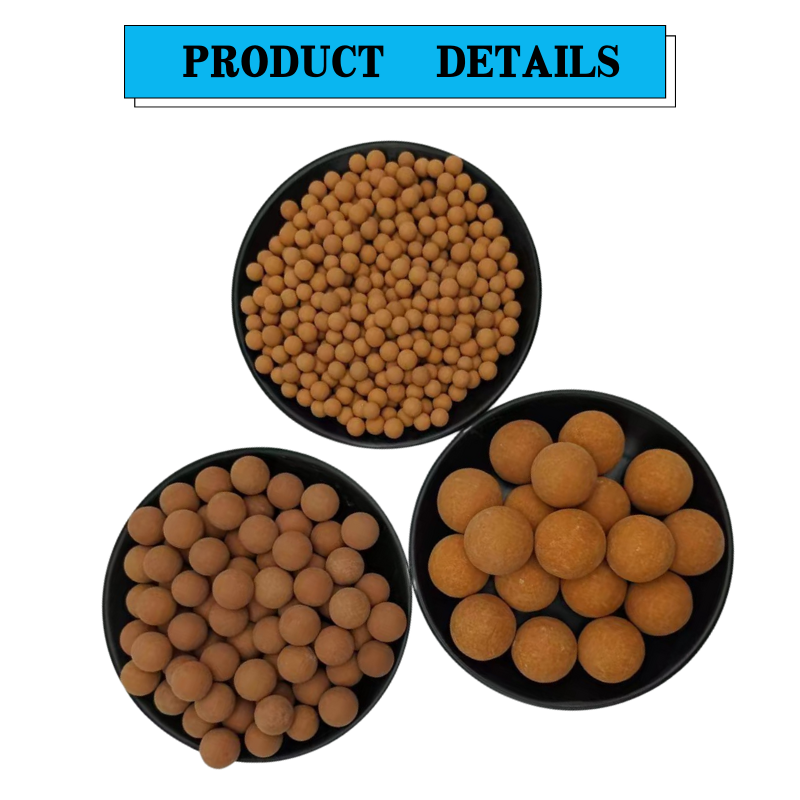
Utilizing Fly Ash for Sustainable Practices in Road Construction Projects
Fly Ash in Road Construction A Sustainable Solution
In recent years, the construction industry has been increasingly exploring sustainable materials to reduce environmental impact. One such material that has gained significant attention is fly ash, a byproduct of coal combustion in power plants. Fly ash is being utilized in various applications, particularly in road construction, due to its beneficial properties and potential to enhance structural performance while promoting sustainability.
Fly Ash in Road Construction A Sustainable Solution
One of the primary benefits of using fly ash in road construction is its ability to improve the mechanical properties of the pavement. When added to concrete mixtures, fly ash can enhance workability and reduce the heat of hydration, leading to a lower risk of cracking. Furthermore, it can significantly increase the compressive strength and durability of the pavement, which is crucial for roads subjected to heavy vehicular traffic. Consequently, the inclusion of fly ash can extend the lifespan of road structures, reducing the need for frequent repairs and maintenance.
fly ash in road construction factories

Another compelling advantage of using fly ash in road construction is the environmental impact. The disposal of fly ash poses a challenge for power plants, as it often ends up in landfills, contributing to soil and water pollution. By reusing fly ash in road construction, the industry can significantly decrease its carbon footprint. It not only minimizes waste but also reduces the need for virgin materials such as Portland cement, which is a major contributor to carbon dioxide emissions. According to some estimates, replacing a portion of cement with fly ash can reduce concrete's carbon footprint by up to 40%. This circular economy approach helps in promoting sustainability within the construction sector.
Moreover, the use of fly ash can lead to cost savings. Fly ash is typically less expensive than traditional materials, which can help lower overall project costs. By incorporating fly ash into road construction, engineers and contractors can achieve a balance between performance and economics. This can make infrastructure projects more financially viable while ensuring quality and longevity.
Despite its numerous advantages, the uptake of fly ash in road construction is not without challenges. Variability in the quality of fly ash sourced from different power plants may affect its performance in concrete mixes. To address this issue, standardization of quality control measures is essential. Additionally, education and awareness among construction professionals regarding the benefits and proper handling of fly ash are vital to encourage its more widespread use.
In conclusion, fly ash represents a sustainable and efficient solution in road construction. Its ability to enhance material properties while reducing environmental impact positions it as a preferable alternative to traditional construction materials. As the industry continues to embrace sustainability, fly ash will likely play a crucial role in shaping the future of road construction, aligning economic interests with ecological responsibility. With ongoing research and advancements in technology, the potential applications of fly ash will expand, further solidifying its importance as a valuable resource in the construction sector.
Share
-
Premium Pigment Supplier Custom Solutions & Bulk OrdersNewsMay.30,2025
-
Top China Slag Fly Ash Manufacturer OEM Factory SolutionsNewsMay.30,2025
-
Natural Lava Rock & Pumice for Landscaping Durable Volcanic SolutionsNewsMay.30,2025
-
Custom Micro Silica Fume Powder Manufacturers High-Purity SolutionsNewsMay.29,2025
-
Custom Mica Powder Pigment Manufacturers Vibrant Colors & Bulk OrdersNewsMay.29,2025
-
Custom Micro Silica Fume Powder Manufacturers Premium QualityNewsMay.29,2025






